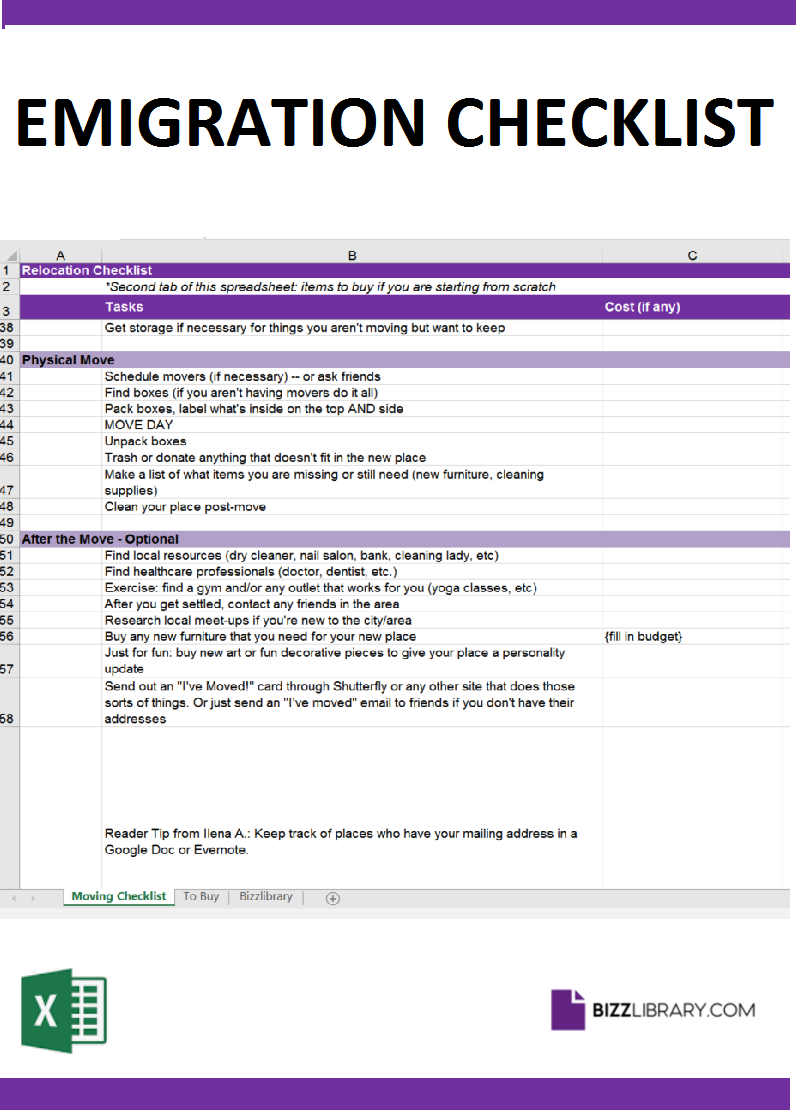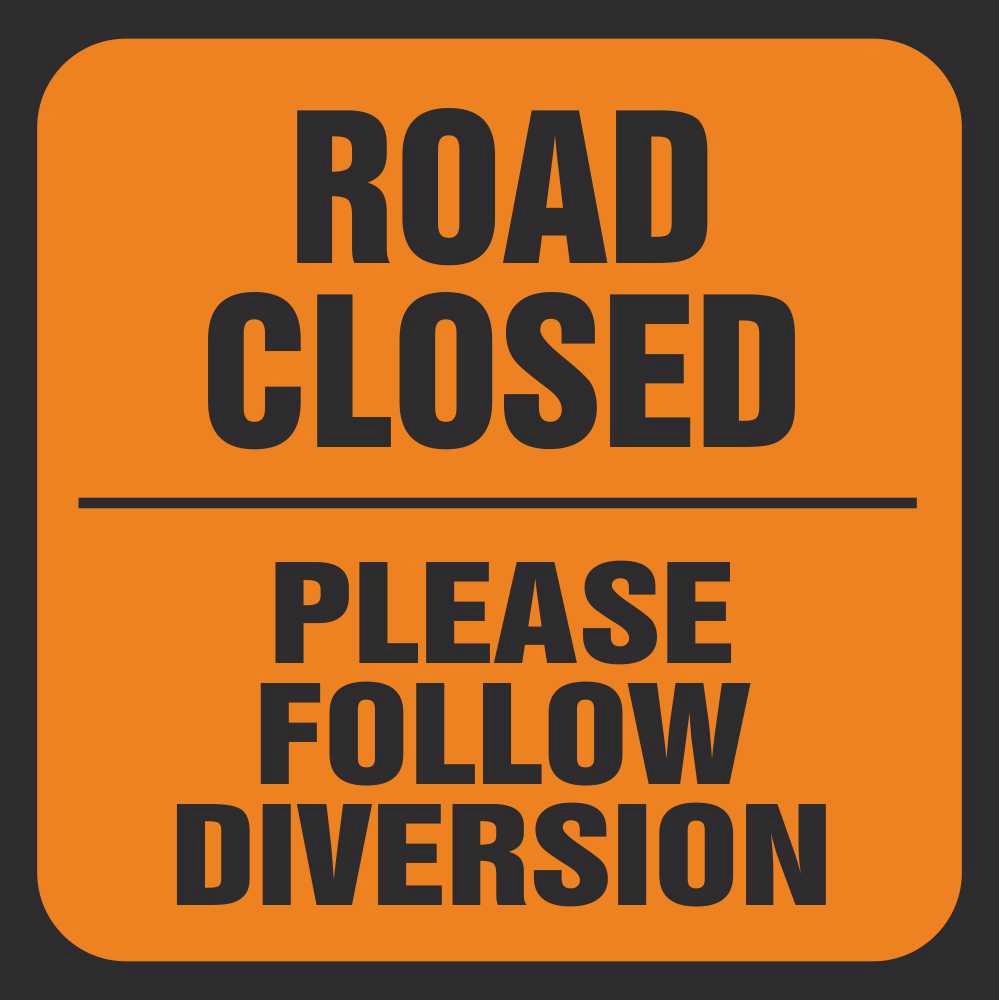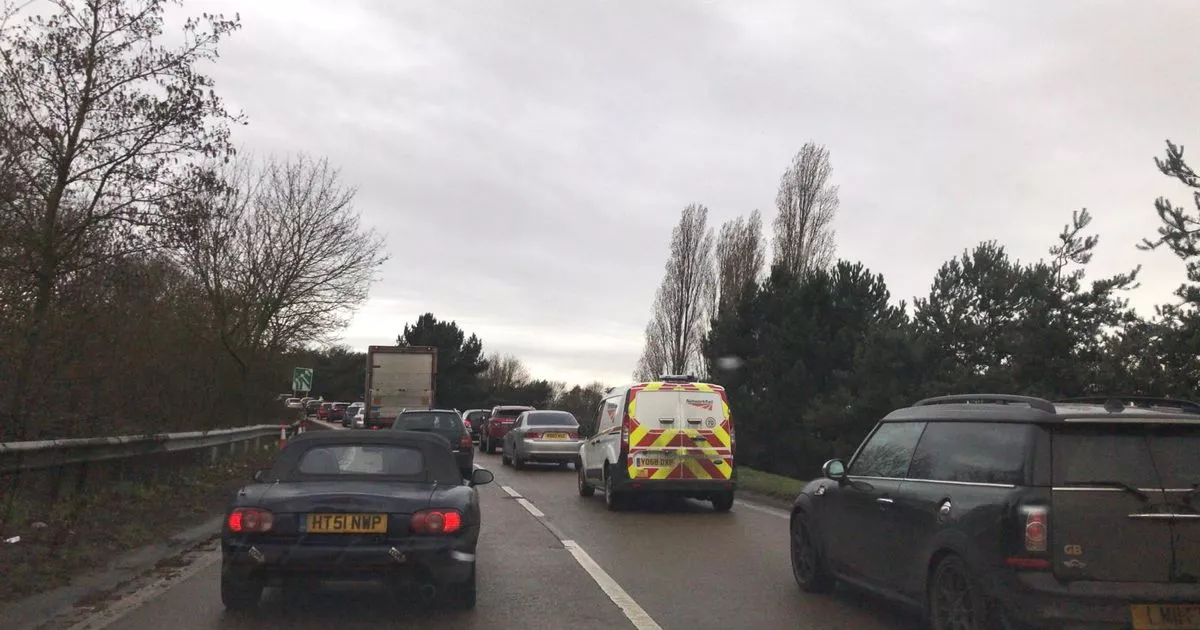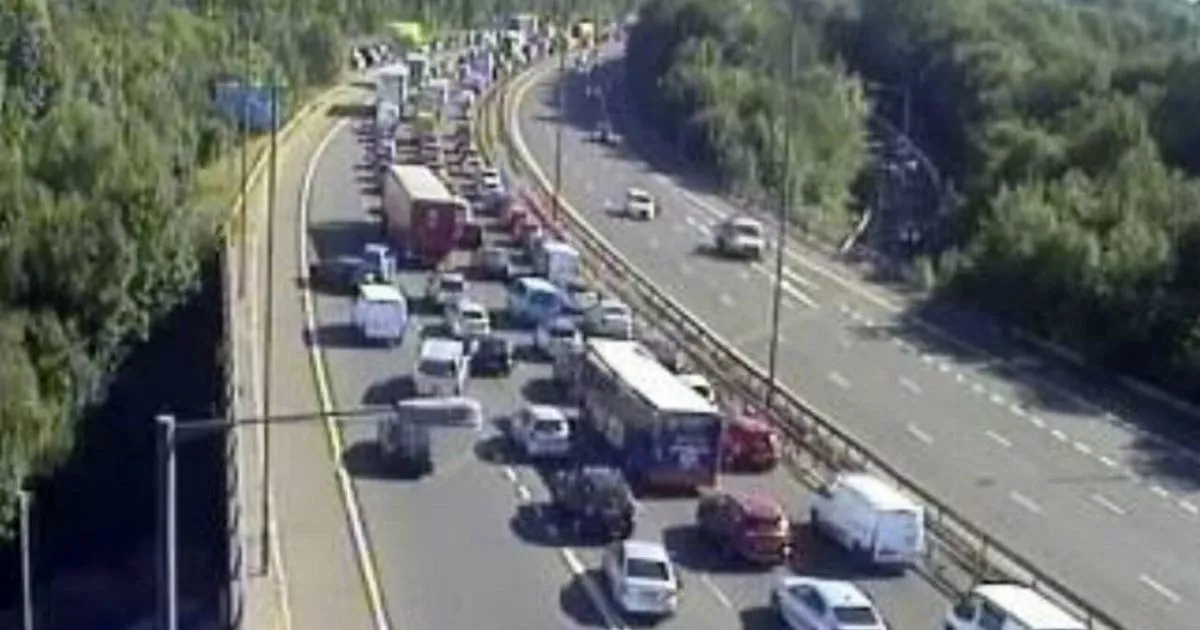Escape To The Country: A Step-by-Step Relocation Plan

Table of Contents
Financial Planning for Your Country Escape
Before you start picturing yourself relaxing on a porch swing overlooking rolling hills, it's crucial to have a solid financial plan in place. An "Escape to the Country" requires careful budgeting and consideration of various costs.
Assessing Your Budget
Rural living, while idyllic, can present unique financial challenges. Understanding the full scope of expenses is essential to avoid unforeseen difficulties.
- Property Purchase/Rent: Rural property prices can vary greatly depending on location and size. Factor in potential renovation costs as well, which can significantly increase your initial investment.
- Moving Expenses: Relocating to a rural area might involve longer distances and potentially higher moving costs. Consider hiring professional movers, or self-moving options.
- Living Costs: Daily expenses like groceries, utilities, and transportation can differ in rural areas. Research the cost of living in your chosen location.
- Hidden Costs: Don't forget to factor in property taxes, insurance, and potential maintenance costs (heating, repairs).
Funding Your Move
Securing the necessary funds is a critical step in your "Escape to the Country" journey.
- Mortgage Pre-Approval: Getting pre-approved for a mortgage before you start house hunting helps you understand your borrowing power and makes the process more efficient.
- Savings Goals: Determine how much you need to save for a down payment, closing costs, and initial living expenses.
- Emergency Fund: Building a robust emergency fund is crucial to handle unexpected repairs or financial setbacks.
- Selling City Property: If you own property in the city, selling it can provide significant capital for your rural relocation. This can significantly reduce your reliance on loans.
- Comparing Mortgage Rates: Shop around for the best mortgage rates to minimize your interest payments.
- Exploring Government Grants: Research available grants or programs that support rural development or homeownership.
Creating a Realistic Budget
Maintaining long-term financial stability in a rural setting requires a realistic and well-managed budget.
- Tracking Expenses: Maintain detailed records of your income and expenses to identify areas for savings.
- Creating a Monthly Budget: Develop a monthly budget that covers all your essential and non-essential expenses.
- Contingency Planning: Set aside funds for unexpected repairs, medical expenses, or other unforeseen costs.
Finding Your Perfect Country Home
Locating your ideal country home is a key part of your "Escape to the Country" plan. Careful consideration of your needs and preferences will ensure a smooth transition.
Defining Your Needs and Wants
Before you start your property search, clearly define your priorities.
- Rural vs. Suburban Living: Do you prefer complete seclusion or a more connected community?
- Desired Acreage: How much land do you envision owning?
- Proximity to Work/Schools: If you're relocating with family, consider commute times to work and schools.
- Must-Have Features: Identify the essential features you want in your home (e.g., fireplace, garden, workshop).
Researching Different Rural Locations
Don't limit yourself to one area. Research various rural locations to find the best fit for your lifestyle and budget.
- Online Property Portals: Explore various real estate websites specializing in rural properties.
- Local Real Estate Agents: Connect with local real estate agents who specialize in the areas you're interested in.
- Community Forums: Join online forums or groups dedicated to the communities you're considering.
- Visiting Potential Locations: Spend time in the areas you're considering to get a feel for the community and lifestyle.
The Home Buying/Renting Process
Once you've identified potential properties, navigate the purchasing or renting process diligently.
- Negotiating Offers: Learn how to negotiate effectively to secure the best possible price and terms.
- Conducting Due Diligence: Conduct thorough inspections and surveys to avoid costly surprises.
- Understanding Rural Property Regulations: Familiarize yourself with any unique regulations that govern rural properties in your chosen area.
Practical Considerations for a Smooth Transition
Relocating to a rural area involves more than just finding a new home. Careful planning for logistical and community aspects is vital for a successful "Escape to the Country."
Logistics and Moving
Moving to a rural location presents unique logistical challenges.
- Hiring Movers: If you’re hiring movers, secure a reputable company experienced in long-distance moves.
- Transporting Belongings: Plan your transportation carefully, considering the distance and the size of your belongings.
- Dealing with Distance: Account for the increased travel time to services and amenities.
- Potential Storage Solutions: If you're downsizing, you may need temporary storage solutions.
Establishing Essential Services
Setting up essential services in a rural area might require more proactive planning.
- Contacting Utility Providers: Contact utility providers well in advance of your move to ensure timely setup.
- Researching Internet Options: Research internet providers in your area, as availability can be limited in rural areas.
- Mail Delivery Services: Confirm mail delivery services and addresses.
- Local Service Providers: Identify local plumbers, electricians, and other service providers for future needs.
Building Your Rural Community
Connecting with your new community is a key aspect of a happy "Escape to the Country."
- Joining Local Groups: Join local clubs, groups, or organizations to meet new people and become involved.
- Attending Community Events: Attend local events, farmers markets, or festivals to integrate into the community.
- Meeting Neighbors: Take the initiative to meet your neighbors and build relationships.
- Getting Involved in Local Activities: Volunteer your time or participate in local activities to contribute to the community.
Making Your Country Escape a Reality
Planning your "Escape to the Country" requires careful consideration of financial aspects, property selection, and practical logistics. Remember that thorough planning and realistic budgeting are key to a successful and enjoyable transition. By following the steps outlined above, you can minimize stress and maximize the rewards of your rural relocation. Embrace the peace, quiet, and community that await you in your new life. Start planning your dream Escape to the Country today! Use this guide to make your relocation smooth and successful. [Link to Real Estate Site] [Link to Financial Planning Tool]

Featured Posts
-
 Hawaii Keiki Artistic Talent Memorial Day Lei Making Poster Competition
May 24, 2025
Hawaii Keiki Artistic Talent Memorial Day Lei Making Poster Competition
May 24, 2025 -
 Image Gallery 2025 Porsche Cayennes Stunning Interior And Exterior
May 24, 2025
Image Gallery 2025 Porsche Cayennes Stunning Interior And Exterior
May 24, 2025 -
 Annie Kilners Diamond Ring Confirmation Of Engagement After Kyle Walker Spotting
May 24, 2025
Annie Kilners Diamond Ring Confirmation Of Engagement After Kyle Walker Spotting
May 24, 2025 -
 Crystal Palace Eyeing Kyle Walker Peters On A Free
May 24, 2025
Crystal Palace Eyeing Kyle Walker Peters On A Free
May 24, 2025 -
 Mamma Mia The Hottest New Ferrari Hot Wheels Sets Unveiled
May 24, 2025
Mamma Mia The Hottest New Ferrari Hot Wheels Sets Unveiled
May 24, 2025
Latest Posts
-
 M56 Road Closure Live Traffic Updates And Diversion Routes
May 24, 2025
M56 Road Closure Live Traffic Updates And Diversion Routes
May 24, 2025 -
 M56 Traffic Delays Live Updates Following Serious Crash
May 24, 2025
M56 Traffic Delays Live Updates Following Serious Crash
May 24, 2025 -
 M56 Crash Live Traffic Updates And Long Queues
May 24, 2025
M56 Crash Live Traffic Updates And Long Queues
May 24, 2025 -
 Annie Kilner Addresses Allegations Public Statement And Social Media
May 24, 2025
Annie Kilner Addresses Allegations Public Statement And Social Media
May 24, 2025 -
 Allegations Of Poisoning Emerge Annie Kilner Speaks Out
May 24, 2025
Allegations Of Poisoning Emerge Annie Kilner Speaks Out
May 24, 2025
